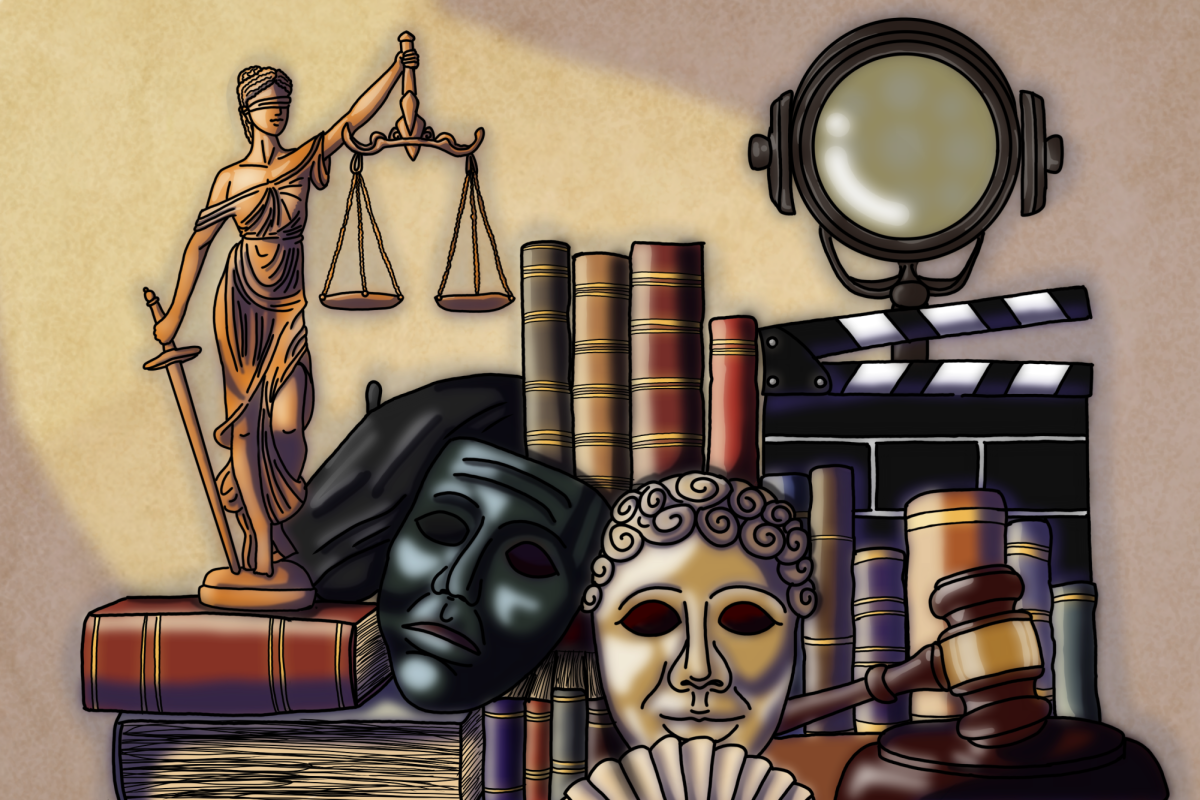Since the days of N.W.A.’s “Fuck tha Police,” rap music has been vilified as an evil and corrupting force. At the turn of the 20th century, rap became more commercialized and an alternative genre, dubbed “conscious” rap, emerged. Conscious rap is music that directly addresses social issues found in the inner city, such as Grandmaster Flash and the Furious Five’s “The Message.” However, recently conscious rap has been placed on a pedestal over rap in general, a trend that needs to stop.
A number of prominent rappers have held the mantle of conscious rap, but fans started to see the sinister side of the genre with the rise of Macklemore in 2013 and 2014. Macklemore rose up with the irresistible hit “Thrift Shop” and lyrics about overcoming addiction, promoting gay rights and condemning materialism .
There’s no doubt Macklemore’s debut album The Heist was solid, containing a few hits that propelled him into the mainstream. His music was widely accepted on the basis that it was inoffensive. The problem came at the 2014 Grammys, where The Heist won Best Rap Album over Kendrick Lamar’s Good Kid, M.A.A.D. City.
The themes and subjects of The Heist were a lot more digestible than those of Good Kid, which approached subjects like addiction and gang warfare with the intention of letting the audience decide whether they were good or bad. The Heist was a lot more preachy, and it had a clear message that it wanted to send, which influenced the album’s win over Lamar’s more ambiguous message. One only has to compare Macklemore’s song “Same Love” to Lamar’s ambiguous masterpiece “Swimming Pools” to see the difference in the way these rappers deliver their messages.
According to African Diaspora graduate Drea Brown, over 80 percent of hip-hop listeners are white and commercial hip-hop is made with white listeners in mind.
This may be another reason why The Heist won over Good Kid, which was made for inner city kids.
Even rappers are starting to see the problem with the conscious label. Vince Staples, an associate of the Odd Future collective, tweeted recently, “I am highly offended by the term conscious rap don’t associate me with that”. Staples later tweeted, “Like what does that even mean? You’re telling me everybody else is unconscious? Sounds like some bullshit if you ask me.”
Staples’ tweets explain the unfortunate fact that music labeled as “conscious” rap has an implied elitism to it, insinuating that somehow all other rap music is ignorant and “unconscious.” This is an unfortunate view for a consumer to have, because it robs listeners of a lot of great music.
To only expose oneself to a small part of a genre with so much variety and depth is a mistake. There is nothing inherently wrong with conscious rap, and most of the time its message is positive and empowering. It is the recent trend of using conscious rap as a way to discredit all other rap that is concerning, and it needs to stop.
Cuillin Chastain-Howley is an undeclared sophomore. He is a guest columnist.




















